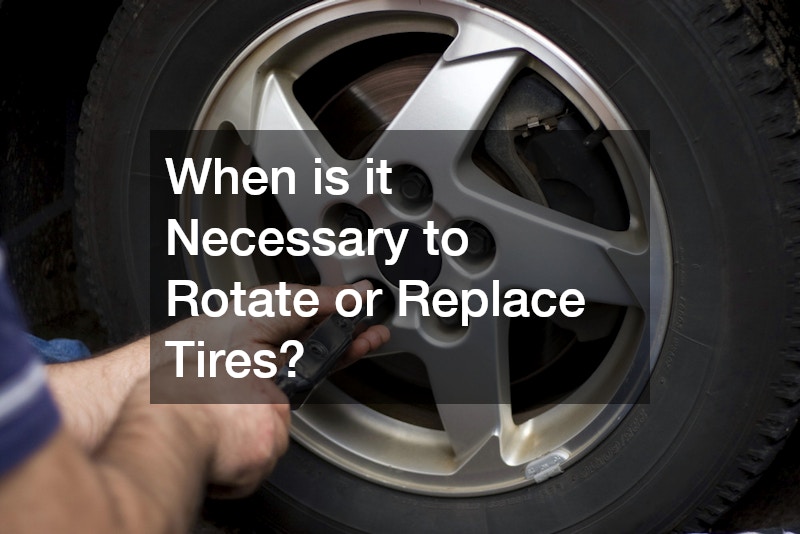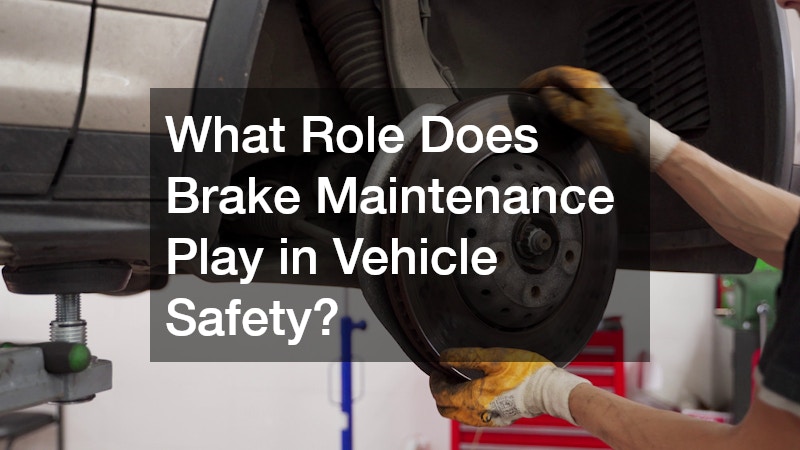In today’s fast-paced world, your car is more than just a way to get from point A to point B—it’s an investment, a convenience and in many cases, a necessity for everyday life. To keep your vehicle reliable and safe, understanding and committing to essential car services is non-negotiable. Skipping routine care may save you a little time or money now, but the long-term costs of neglect can be far more significant.
Whether you’re commuting daily, planning long road trips or simply want peace of mind, regular maintenance ensures safety, performance and long-term value. Many drivers, however, wonder which services deserve the most attention. While there are numerous forms of maintenance, three stand out as truly essential: oil changes, tire care and brake servicing.
By paying attention to these services, you’ll not only prolong the life of your car but also avoid costly repairs and dangerous breakdowns. This article explores these core areas of maintenance, offering practical advice to help every driver stay prepared.
How Often Should You Change Your Oil?

Importance of Regular Oil Changes
Oil is the lifeblood of your car’s engine. Without it, your engine cannot run smoothly. Regular oil changes help keep the engine clean, reduce wear and tear on moving parts and improve fuel efficiency. If oil becomes dirty or breaks down due to age, it loses its ability to lubricate properly. This can cause friction, overheating and potentially irreversible damage to the engine.
Drivers sometimes underestimate just how vital oil changes are, thinking they can stretch beyond the recommended interval. However, neglecting this simple service can lead to costly repairs down the road—far exceeding the minimal cost of routine oil changes. Consulting an auto mechanic for timely oil changes ensures your engine remains healthy and dependable.
Recommended Frequency for Different Vehicles
How often should you change your oil? The answer depends on your vehicle type, driving habits and the oil used. Traditional guidance suggested every 3,000 miles, but modern engines and synthetic oils allow much longer intervals. Many manufacturers recommend changes every 5,000 to 7,500 miles, and in some cases, even up to 10,000 miles.
Your owner’s manual will always provide the most accurate information for your car. If you drive in extreme conditions—such as frequent stop-and-go traffic, towing heavy loads or very hot and cold climates—you may need more frequent changes. Following manufacturer guidelines is the best way to keep your engine protected.
When is it Necessary to Rotate or Replace Tires?

Recognising Tire Wear Patterns
Your tires are the only point of contact between your vehicle and the road, making them essential for safety and performance. Uneven tire wear can compromise traction, fuel efficiency and handling. Common wear patterns include bald spots, feathering or more wear on one side than the other.
These issues are often caused by poor alignment, unbalanced tires or failing to rotate them regularly. Inspecting your tires every month allows you to catch wear patterns early and address the problem before it becomes a hazard.
Tire Rotation Best Practices
Tire rotation involves moving your tires from one position to another to ensure they wear evenly. Most manufacturers recommend rotation every 5,000 to 8,000 miles, which often aligns with oil change intervals. An auto mechanic can handle this quickly, ensuring proper balance and alignment.
By rotating your tires, you not only extend their lifespan but also improve handling and braking performance. It’s a simple yet powerful way to save money and keep your car safer on the road.
What Role Does Brake Maintenance Play in Vehicle Safety?

Understanding Brake Components & Functions
Brakes are arguably the most important safety system in your vehicle. They consist of key components such as brake pads, rotors, callipers and brake fluid. Each plays a vital role in stopping your car quickly and effectively.
If any component fails, your ability to stop safely is compromised. Understanding how brakes work makes it easier to recognise when something isn’t right, helping you take action before problems worsen.
Frequency of Brake Check-ups
Experts recommend brake inspections at least once a year or every 12,000 miles. However, if you frequently drive in heavy traffic, tow loads or live in hilly areas, more frequent check-ups are wise. Routine inspections allow an auto mechanic to spot worn brake pads or low fluid levels early.
Proactive brake maintenance is far less expensive than emergency repairs or dealing with an accident caused by brake failure. It’s one service you should never postpone.
Regular car maintenance is not just about keeping your vehicle running; it’s about ensuring safety, avoiding costly breakdowns and getting the best performance possible. Oil changes, tire care and brake maintenance are three essential services that no driver should overlook.
By following recommended service intervals, watching for warning signs and working with a trusted auto mechanic, you can avoid preventable issues. Don’t forget the importance of related services too— car detailing can keep your vehicle looking like new, while car towing provides peace of mind when unexpected problems occur.
Embracing these fundamentals of car care helps you protect your investment, reduce stress and enjoy a smoother, safer driving experience. With the right attention, your car will serve you reliably for many years to come.



